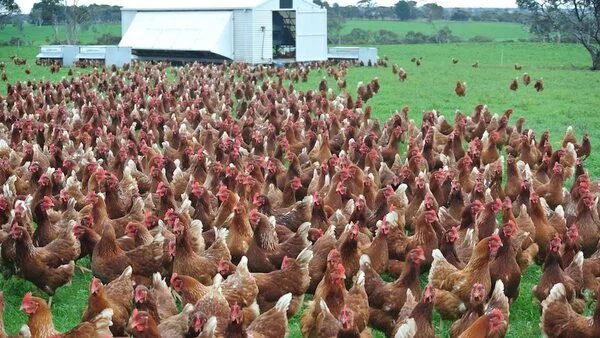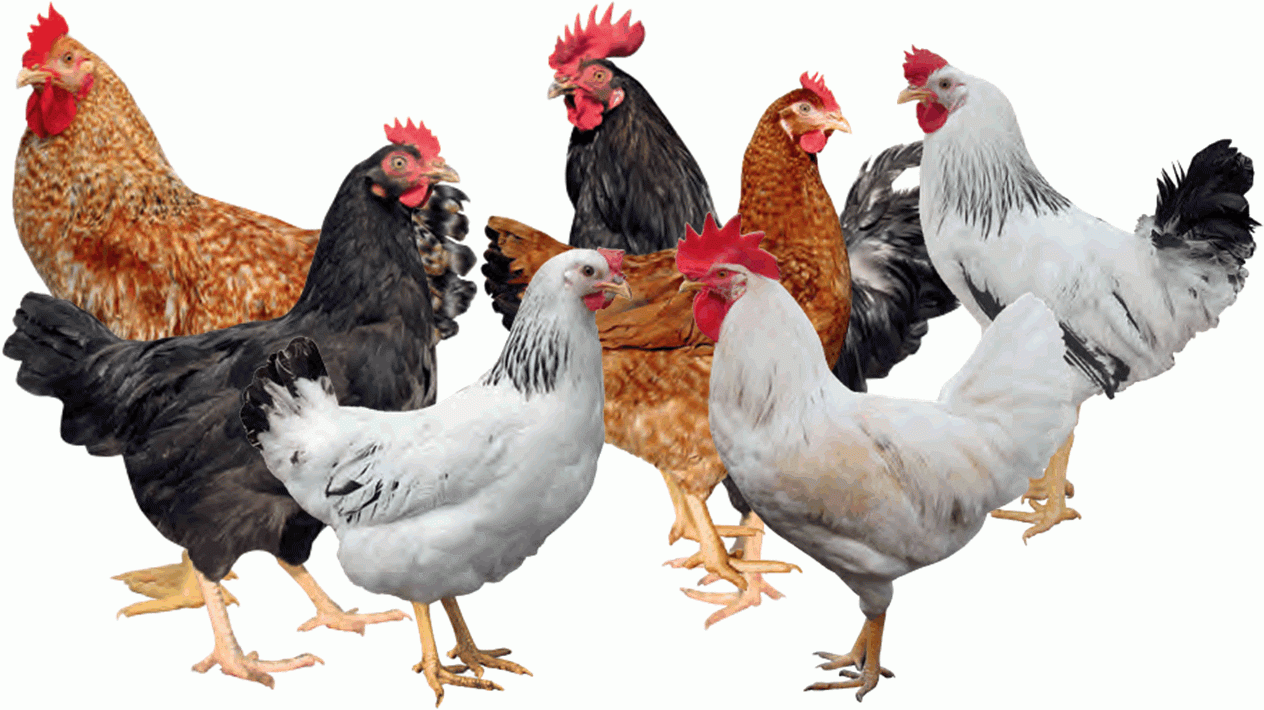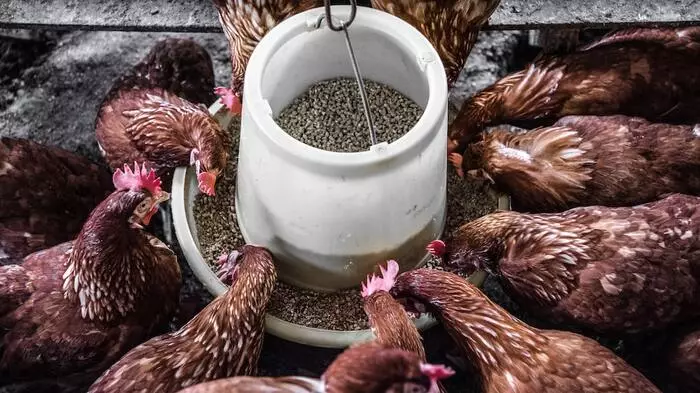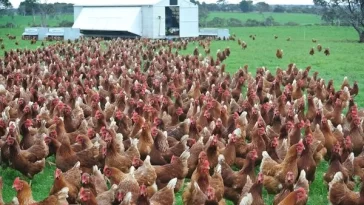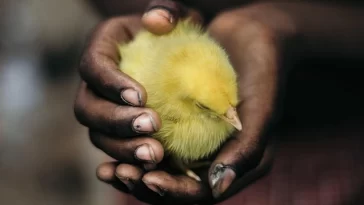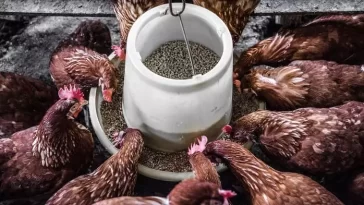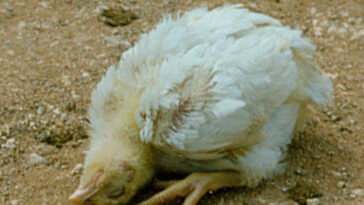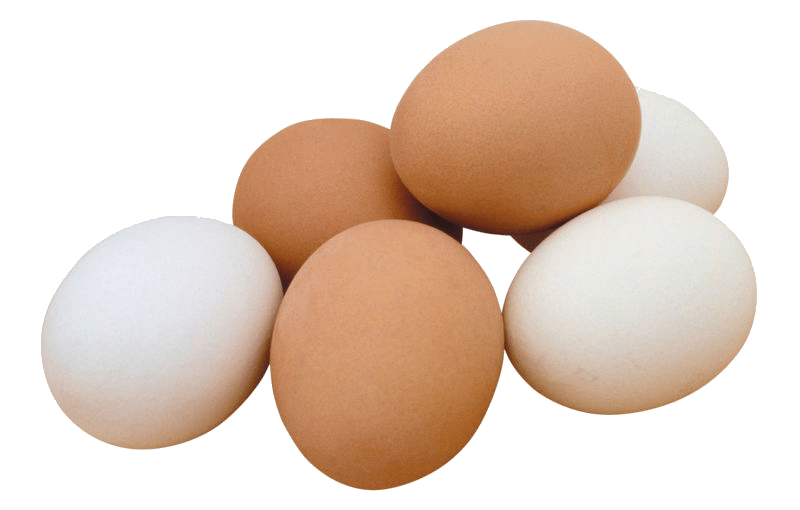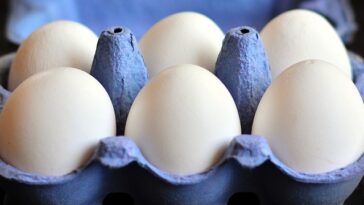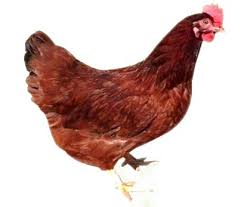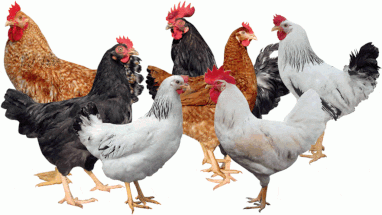Kienyeji Chicken
Subterms
Latest stories
2.7k Views
Chicken Vaccination Schedule
More stories
-
405 Views
Kienyeji Chicken Farming as a Career Option
Kienyeji chicken farming can indeed be a viable and rewarding career option for individuals who are passionate about agriculture, animal husbandry, and sustainable food production. Here are some key points to consider if you’re thinking about pursuing Kienyeji chicken farming as a career: Remember that successful Kienyeji chicken farming requires dedication, continuous learning, and a commitment to high-quality animal care. It’s important to start small, gain experience, and gradually scale up your operations as you become more proficient in managing your farm. Kienyeji Chicken Farming Manual Buy our PDF version of the Improved Kienyeji Chicken Farming Manual Click here to know […] More
-
410 Views
What are the benefits of Kienyeji chickens?
Kienyeji chickens, also known as indigenous or local chickens, have several benefits compared to commercial poultry breeds. Here are some advantages of Kienyeji chickens: The choice of chicken breed depends on various factors, including farming objectives, market demand, available resources, and local conditions. It’s recommended to consult local poultry experts or extension services to determine the most suitable breed for specific farming goals. Click here to buy KIENYEJI CHICKEN FARMING MANUAL More
-
612 Views
Kienyeji Chicken top 10 diseases
Kienyeji Chicken top 10 diseases Kienyeji chickens, also known as indigenous or local chickens, are popular in many parts of Africa due to their adaptability and resilience. Like any livestock, they can be susceptible to various diseases. Here are ten common diseases that can affect kienyeji chickens: Prevention, good biosecurity measures, regular vaccination, proper nutrition, and early detection of any signs of illness are crucial for maintaining the health of kienyeji chickens. It is advisable to consult a veterinarian or poultry expert for specific guidance on disease prevention and control measures. More
-
303 Views
Best Strategies for Feeding your Kienyeji Chicken
Best Strategies for Feeding your Kienyeji Chicken It is preferable to have as much knowledge as possible of the factors that affect the cost of production when poultry is kept primarily as a source of income, which it is in the majority of cases. According to numerous research on the economics of raising poultry, feed costs between 50 and 60 percent of the total cost of producing chicken meat and eggs. Because the cost of feeding supplies varies from year to year and even from season to season, it occasionally happens that a feeding that is cost-effective to utilize at […] More
-
194 Views1 Comment
Top 5 Ways of Maintaining Health Standards of your Kienyeji Chicken
As long as you care for them, chicken may be a very effective source of eggs, meat, and a consistent income. You can maintain the health standards of your Kienyeji chicken by following the tips listed below. Warm, cozy, and safe shelters are a need. Building the ideal coop for your chicken is not as difficult as you would think. They can be kept happy in a spotless, well-lit, and ventilated hall with a large yard, many cages, and an abundance of soft, absorbent bedding materials like pine straw or paper towels. It will be easier for the hens to […] More
-
738 Views
Five Common Diseases That Affect Egg Production In Kienyeji Chicken
Egg production in a healthy chicken should run on uninterrupted until it is time to sit on them. In other cases, the chicken may be unable to lay eggs at its time, may decrease production, or may produce faulty eggs. When any of these happens, it is time to investigate what is happening. It starts with checking the actual reasons for that. Some problems are temporary like skipping a day because she didn’t like the changing or taking away of some eggs, but others are due to illnesses. Newcastle diseases This is a very contagious and infectious disease of poultry. […] More
-
516 Views
Chicken Pests – How to control poultry lice
Chicken lice is tiny and straw-colored. They live on birds eating dead skin and feather shafts. They also feed on blood if the skin is punctured. They are the most common type of parasites found in coops. Most of them are host-specific and hence can be found feeding on one or more related species. Nevertheless, it is easy to find if your chicken is invested with lice because they can mainly be found around the vent and underwings. It is easy to identify extensive infestation since chickens are uncomfortable. Be sure to watch for bald birds with rough feathers.Assessing your […] More
-
399 Views
How to Increase Egg Quality for Your Kienyeji Chicken
Many people rear kienyeji chicken in rural areas for purposes of generating eggs. As you would expect, many people rear chicken in these places on a free-range arrangement. In a case where you have two or a few chickens, you may not expect to have so much of a concern about egg quality or health. However, if you are rearing kienyeji chicken for commercial egg production, this is a must. Ideally, the improved KARI Kroiler breed is one of the best egg layers, producing 220-280 eggs a year. This is comparable to the 220-280 eggs a year from the Rainbow breed. Nevertheless, […] More
-
726 Views
How to Ensure Best Egg Quality From Kienyeji Chicken
Many people rear kienyeji chicken in rural areas for purposes of generating eggs. As you would expect, many people rear chicken in these places on a free-range arrangement. In a case where you have two or a few chickens, you may not expect to have so much of a concern about egg quality or health. However, if you are rearing kienyeji chicken for commercial egg production, this is a must. Ideally, the improved KARI Kroiler breed is one of the best egg layers, producing 220-280 eggs a year. This is comparable to the 220-280 eggs a year from the Rainbow breed. Nevertheless, […] More
-
2.5k Views
Four Main Diseases Every Kienyeji Chicken Farmer Should Be Cautious Of
Kienyeji chicken rearing is a very productive type of farming in Kenya. Every farmer is concerned about keeping his production costs down while increasing the number of chickens in a cage, since this further increases the profits. For this reason, it is not uncommon to find farmers stocking more than the required number of chickens in a cage. This encourages diseases, some of which can clear the stock within no time. Four Main Diseases Fowlpox Newcastle Disease or NCD Infectious Bronchitis The Infectious Bursal Disease In between bird stock clearance and restocking your Kienyeji chicken, you will have to be […] More
-
2.6k Views
Swelling of the Crop In Kienyeji Chicken
Every farmer at any one time has had a case of the crop of their Kienyeji chicken swelling beyond ordinary. This is called Sour or Impacted Crop. The Crop is that part of the chicken anatomy located just beneath the neck. If a sour or impacted crop is not addressed or eased quickly, it can lead to death of the affected chicken and loss to the farmer. The entire digestive system of the chicken, like for every living bird or animal, must therefore work efficiently for the chicken to remain alive and afford the farmer some income. Most people say […] More
-
40k Views
How to Produce 200 Kienyeji Chicken Every Month Like a Boss
Pure indigenous chicken or improved indigenous chicken locally known in Kenya as Kienyeji chicken can be raised anywhere in Kenya. All one needs is passion, a business mindset, commitment and a little capital to start. It is prudent to put in place a feasible plan in place on how as a farmer you will roll out this process seamlessly starting from housing, where water and feeds will come from, proximity to a veterinary doctor for treatment, vaccinations or to respond to emergencies and livestock officers for extension services and most importantly, the farmer should plan from the outset on marketing. […] More
